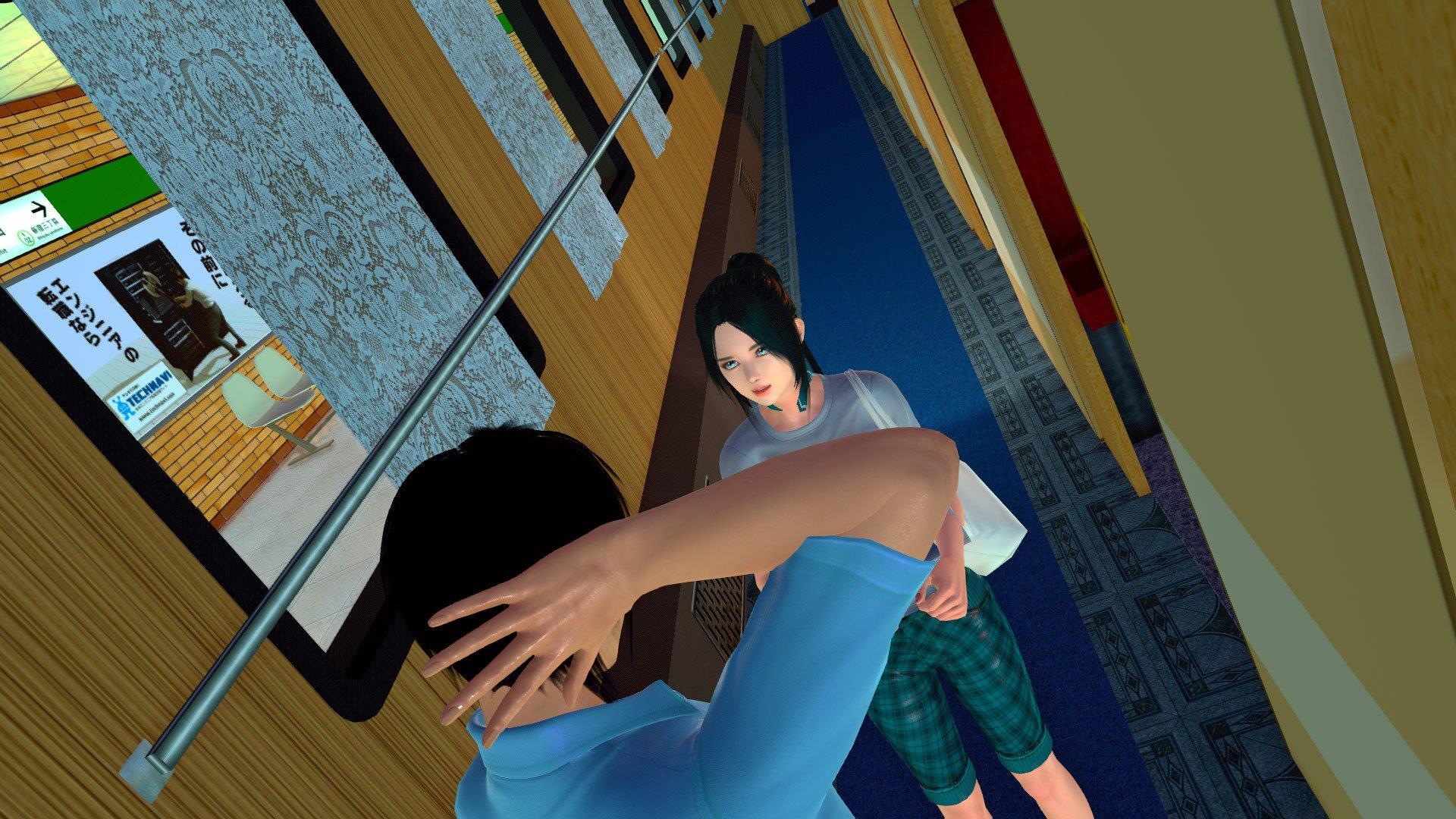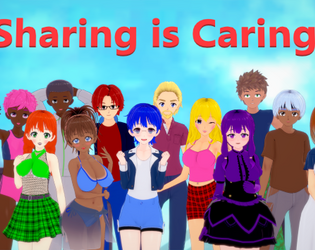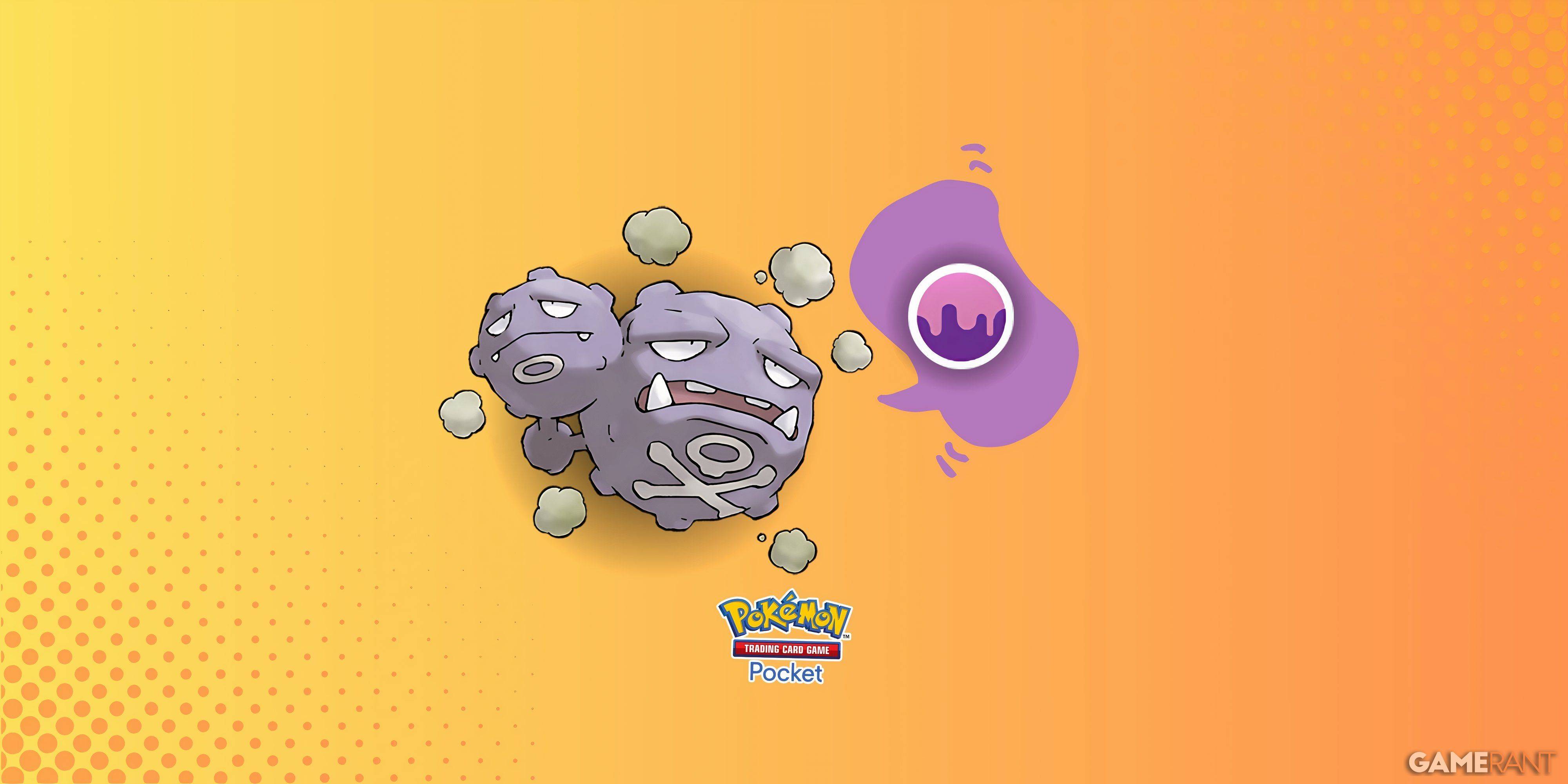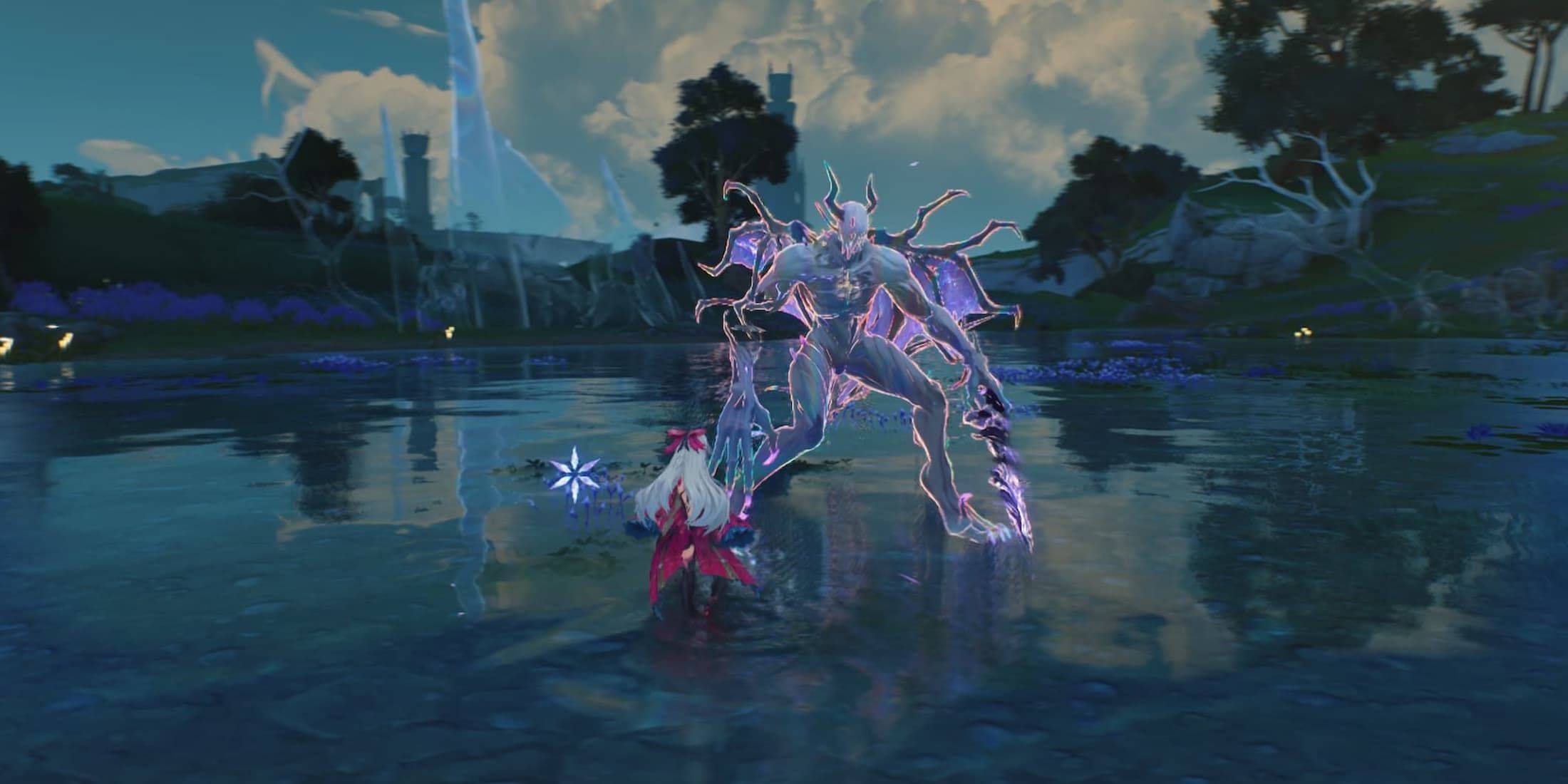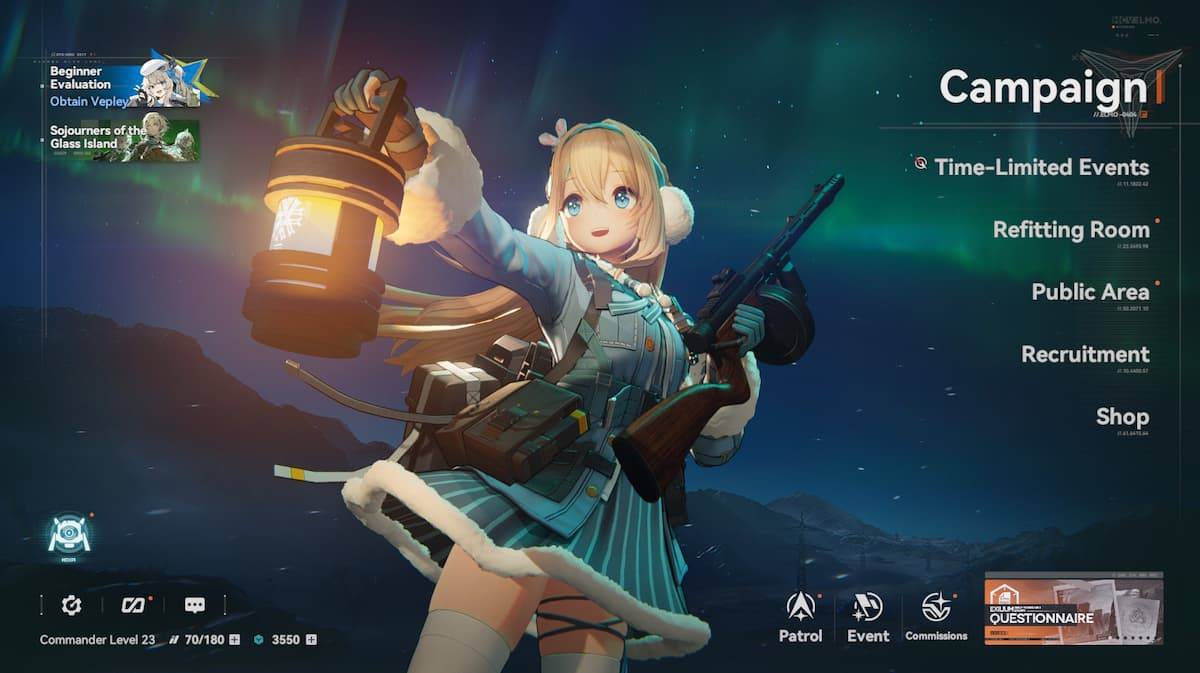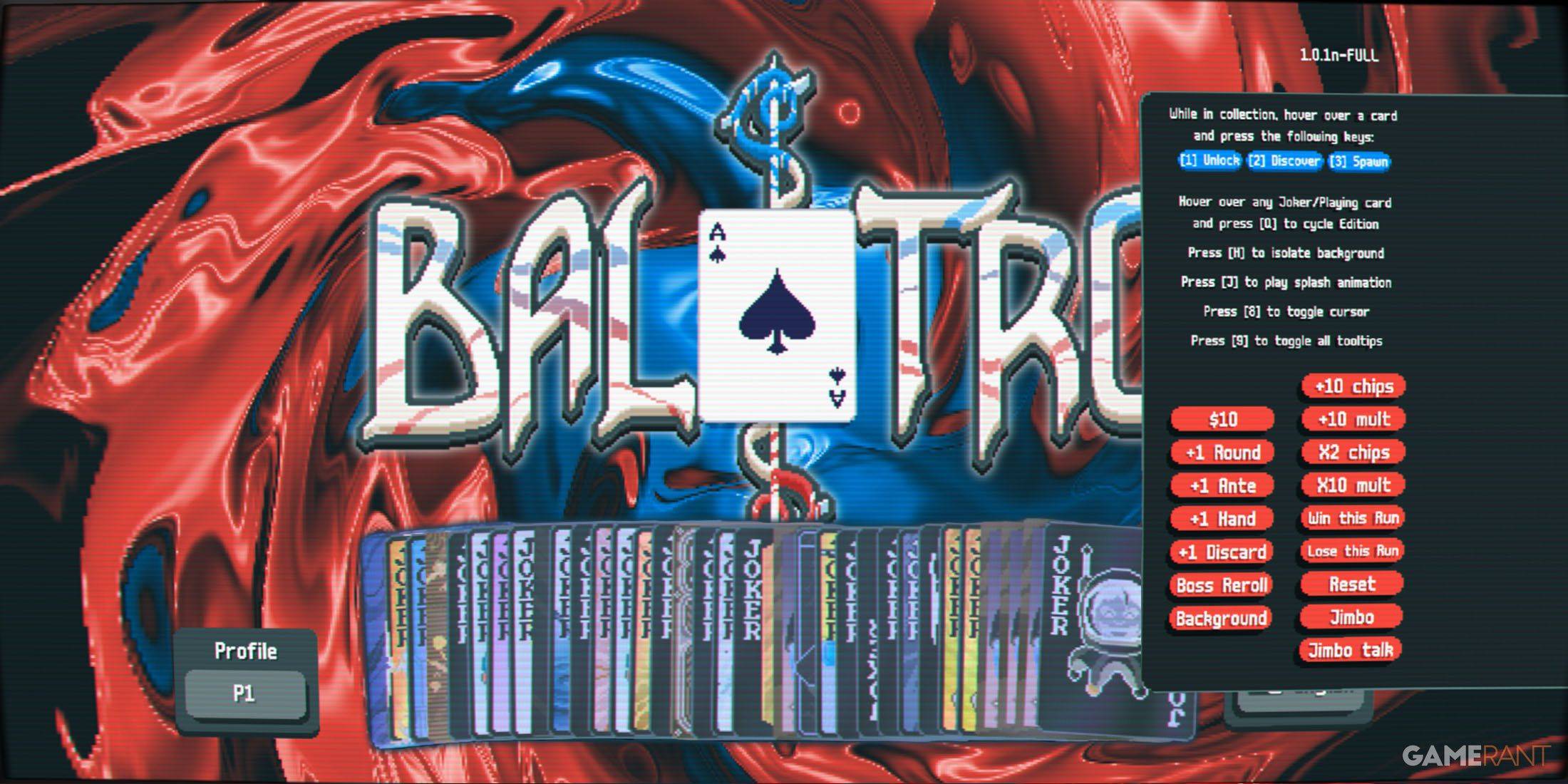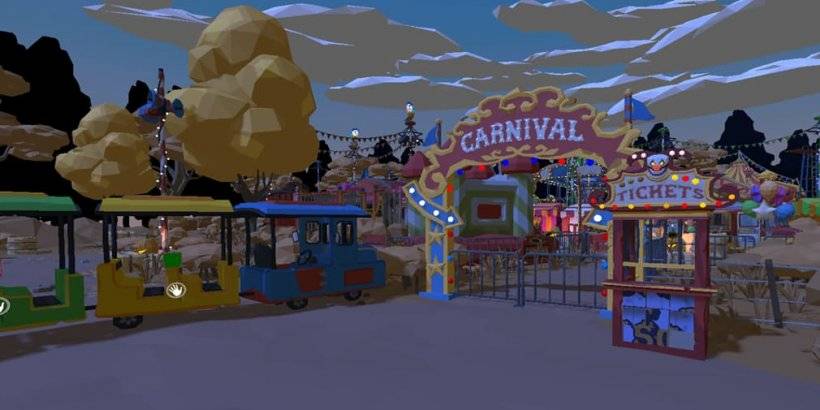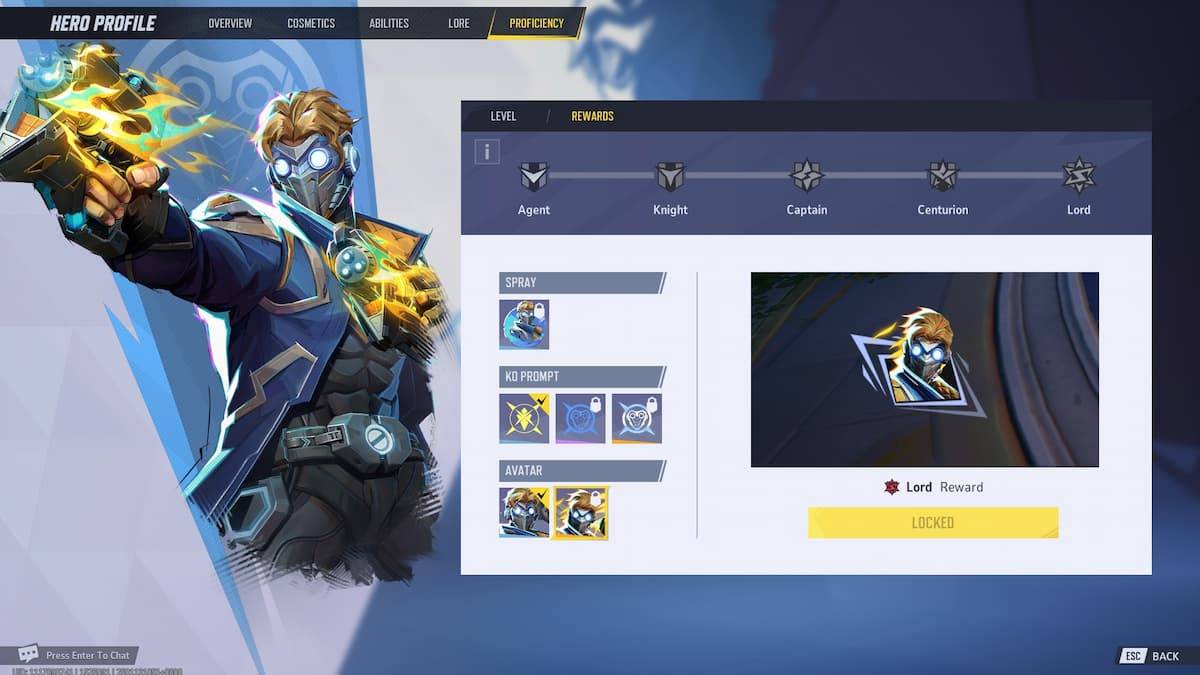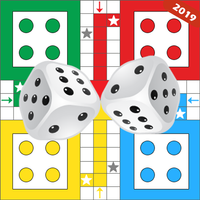"Clair Obscur: Expedition 33 Sparks Debate on Turn-Based Games"
Turn-based games have been a hot topic in the realm of role-playing games (RPGs) for years, often pitted against more action-oriented systems. The release of Clair Obscur: Expedition 33 last week has reignited these discussions, especially among fans of genre giants like Final Fantasy. Praised by IGN and other outlets, Clair Obscur: Expedition 33 proudly showcases its turn-based roots, drawing inspiration from classics like Final Fantasy VIII, IX, and X, as well as incorporating elements from action games like Sekiro: Shadows Die Twice and Mario & Luigi. This blend results in a unique gameplay experience that feels both traditionally turn-based and action-oriented, sparking lively debates on social media.
The success of Clair Obscur: Expedition 33 has been cited as a counter-argument to the shift towards action-based mechanics seen in recent Final Fantasy titles. Naoki Yoshida, during the media tour for Final Fantasy XVI, noted a growing sentiment among younger gamers who prefer action over turn-based systems. This perspective has influenced the direction of Final Fantasy XV, XVI, and the Final Fantasy VII remake series, each of which has embraced more action-driven gameplay. Despite this, Yoshida acknowledged the appeal of turn-based systems and hinted that future Final Fantasy games might revisit this format, depending on market expectations.
Square Enix, however, has not abandoned turn-based games entirely. Titles like Octopath Traveler 2, SaGa Emerald Beyond, and the upcoming Bravely Default remaster for Switch 2 continue to uphold the tradition. While some argue that Clair Obscur: Expedition 33 could serve as a model for Final Fantasy, it's important to recognize the distinct aesthetic and iconographic elements that define the Final Fantasy series. Reducing Clair Obscur to a mere imitation of Final Fantasy oversimplifies the unique contributions of both games.
Historically, debates about the direction of RPGs, particularly Final Fantasy, are nothing new. From discussions about whether Lost Odyssey was the true successor to Final Fantasy to comparisons between Final Fantasy VI and VII, these conversations have been a staple of gaming forums. Yoshida's comments on Final Fantasy XVI's direction were also influenced by sales projections, a factor that continues to shape game development decisions.
Clair Obscur: Expedition 33 has achieved significant success, with 1 million sales in just three days, demonstrating that turn-based games can still thrive. Other recent hits like Baldur's Gate 3 and Metaphor: ReFantazio further underscore the viability of this genre. While Clair Obscur represents a promising return of mid-budget RPGs, it remains to be seen whether its success will influence broader trends in the industry.
As for Final Fantasy, the series' recent entries have faced challenges meeting profit expectations, reflecting broader shifts in the gaming landscape and the increasing costs of development. However, the key takeaway from Clair Obscur: Expedition 33's success is the importance of authenticity and creativity. As Larian CEO Swen Vincke emphasized with Baldur's Gate 3, a high budget can yield high results if the game is made with genuine passion and innovation. This approach offers a constructive path forward, encouraging developers to focus on creating games that excite both their teams and their audiences, rather than rehashing old debates.
Latest Articles




![Taffy Tales [v1.07.3a]](https://imgs.anofc.com/uploads/32/1719554710667e529623764.jpg)



